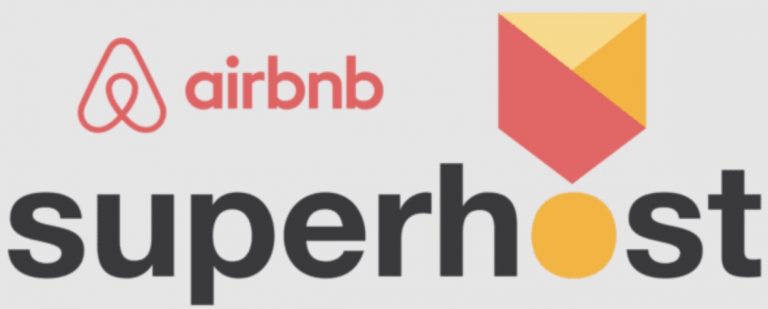When it comes to being a top Airbnb host, there’s one coveted badge of honour that every burgeoning rental provider wants for their profile — and that’s Superhost status. In return for their upstanding service, Superhosts enjoy perks such as improved listing visibility, referral bonuses, and an average of 60% more revenue per available day.
But in order to climb to the upper echelons of the Airbnb economy, your listings will need to meet a number of requirements outlined by the platform. So, what are the criteria, and what can you do to ensure that you’re ticking every box? We have the answers.
Story Stages
1. Manage your calendar
The first of the key requirements described by Airbnb is to operate a regularly occupied property. For accommodation that primarily caters to shorter stays, hosts should provide a minimum of 10 stays per year. On the other hand, those that cater to longer visits should ensure that over 100 nights of their property’s calendar are occupied, divided between at least three separate guest bookings.
One way to populate your calendar with bookings is to hire a property management company to supervise your listing. According to holiday home operators Frank Porter, Airbnb management can “maximise income through high occupancy and optimum pricing”, and by “generating quality ratings that increase booking frequency”. Managers will typically implement dynamic pricing based on demand and professionalise listings with bespoke styling. This ensures that properties are consistently occupied, generating income and boosting stay count to help reach the Superhost threshold.
2. Reply to guests quickly
A responsive host is a good host, ensuring that guests have a positive experience and all of their needs are met. Most of the time, your guests will entertain themselves and require minimal input on your part, but as with anybody visiting a new area, they may sometimes need help with local recommendations, etiquette and property logistics. In these moments, it’s vital that guests receive a fast response turnaround to address their qualms — so to achieve Superhost status, Airbnb expects hosts to respond within 24 hours at least 90% of the time.
To get around this, some hosts opt to use message automation. Airbnb allows you to schedule pre-written messages to be sent to guests at specific intervals during their stay, tailored with customer details. Because Airbnb only requires you to respond to guests within 24 hours, these automated replies don’t necessarily have to immediately address their query, but just acknowledge receipt of their message. And that’s not to say that you shouldn’t solve your guests’ problems as quickly as you can — but rather, if you’re asleep or busy at the time they contact you, you can follow up later without being penalised.
3. Provide a five-star experience
On the subject of solving guest queries, this is a surefire way to bag a positive review at the end of their experience. If you’ve provided a stellar stay, your guests might be forthcoming with the positive reviews — Airbnb knows that a good star rating is one of the top factors that influence booking decisions and will send frequent reminders inviting guests to give feedback after their visit. But if they’ve not come around to give you a review yet, there’s nothing wrong with a gentle nudge.
To achieve Superhost status, you need to maintain an average rating of at least 4.8 stars. So, try not to stress the odd negative rating here and there — you can’t please everybody. However, if you’re filling up your calendar and taking on any constructive criticism, you should be reaching the five-star benchmark on most occasions. According to BnB Facts, the top factors that affect rating are cleanliness, value and accuracy of listing description, so nail these, and you’ll be a Superhost in no time.
4. Minimise cancellations
Airbnb’s cancellation policies are put in place to protect both the host and the guest from last-minute booking changes. If a guest has to cancel, the amount reimbursed is determined by the reservation’s cancellation policy, which may stipulate certain cutoff periods for receiving a full or partial refund. However, there is also a price to pay for cancellations from the host’s side, for example, if you double-book your home or are left otherwise unable to host a guest, which can have serious ramifications for their visit. As a result, Airbnb expects Superhosts to cancel less than 1% of the time, relative to their number of bookings.
While you won’t be expected to cough up for their last-minute hotel, cancellations could earn you penalty fees and block you from Superhost status. So, if you have to cancel due to an emergency or other unforeseen circumstances (say, for example, pandemic-related travel restrictions), Airbnb lists a number of extenuating circumstances in their host cancellation policy that will stop this from affecting your Superhost eligibility. But ideally, you should plan ahead to reduce the risk and keep disruptions to a minimum.
